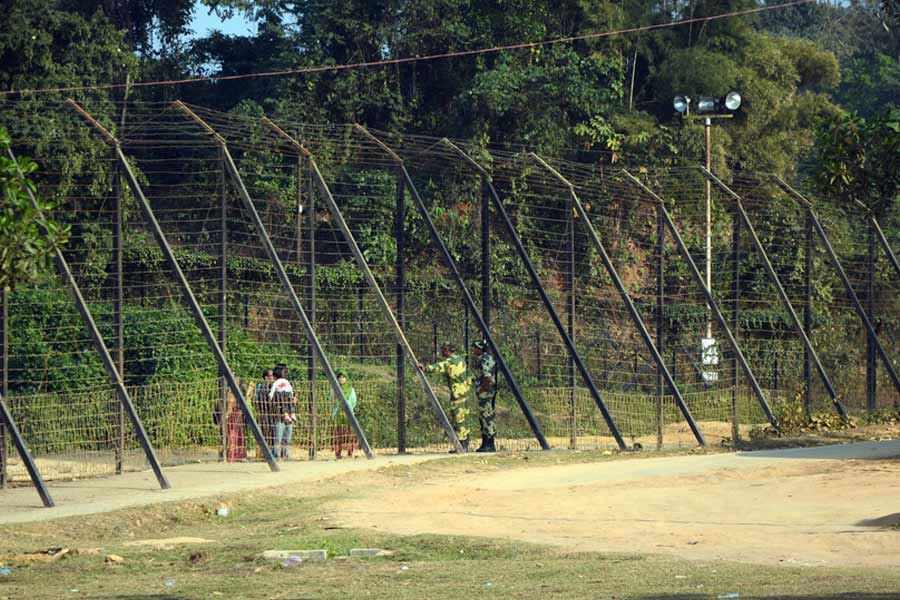India is set to revamp its customs duty structure in Union Budget 2025-26 as the government balances domestic demands for tariff protection with mounting global trade tensions and US criticism of its trade policies.
President-elect Donald Trump has repeatedly slammed India’s high tariffs, dubbing it a “tariff king”.
Simultaneously, Indian industries are pressing for duty rationalisation to address inefficiencies and enhance competitiveness in domestic production.
The government is reviewing tariffs and exemptions on over 200 items, with potential changes to be announced by finance minister Nirmala Sitharaman on February 1.
The initiative aims to simplify trade, correct anomalies in the inverted duty structure and incentivise local industries, reflecting a commitment to strengthening India’s global competitiveness.
“The customs duty rejig is primarily intended to boost domestic manufacturing, reduce disputes and streamline the duty structure,” sources said.
Sectors such as electronics, electric vehicles (EVs), solar energy, steel, and pharmaceuticals are likely to benefit from the review, which could include reduced duties on raw materials and components essential for production.
The inverted duty structure — where import duties on inputs exceed those on finished goods — has long hindered domestic manufacturing.
Sources added that correcting these anomalies is central to the government’s plan. The customs review takes place amid increasing trade tensions and protectionist policies worldwide.
US president-elect Trump’s stance on high Indian tariffs has amplified the urgency for India to align its trade practices with global norms.
“India should rationalise its duty to boost its manufacturing base. However, it should not take any pre-emptive measures to cut the tariff based on the statements made by Trump. As in the past, the country should be ready to retaliate against any adverse measure by the US administration,” said Biswajit Dhar, a trade expert and distinguished professor at the Council for Social Development.
The government has faced growing calls from industries for tariff protection and duty rationalisation to support domestic production.
Items such as IT hardware, automobile parts, textiles, and machinery components are among those likely to see adjustments.











